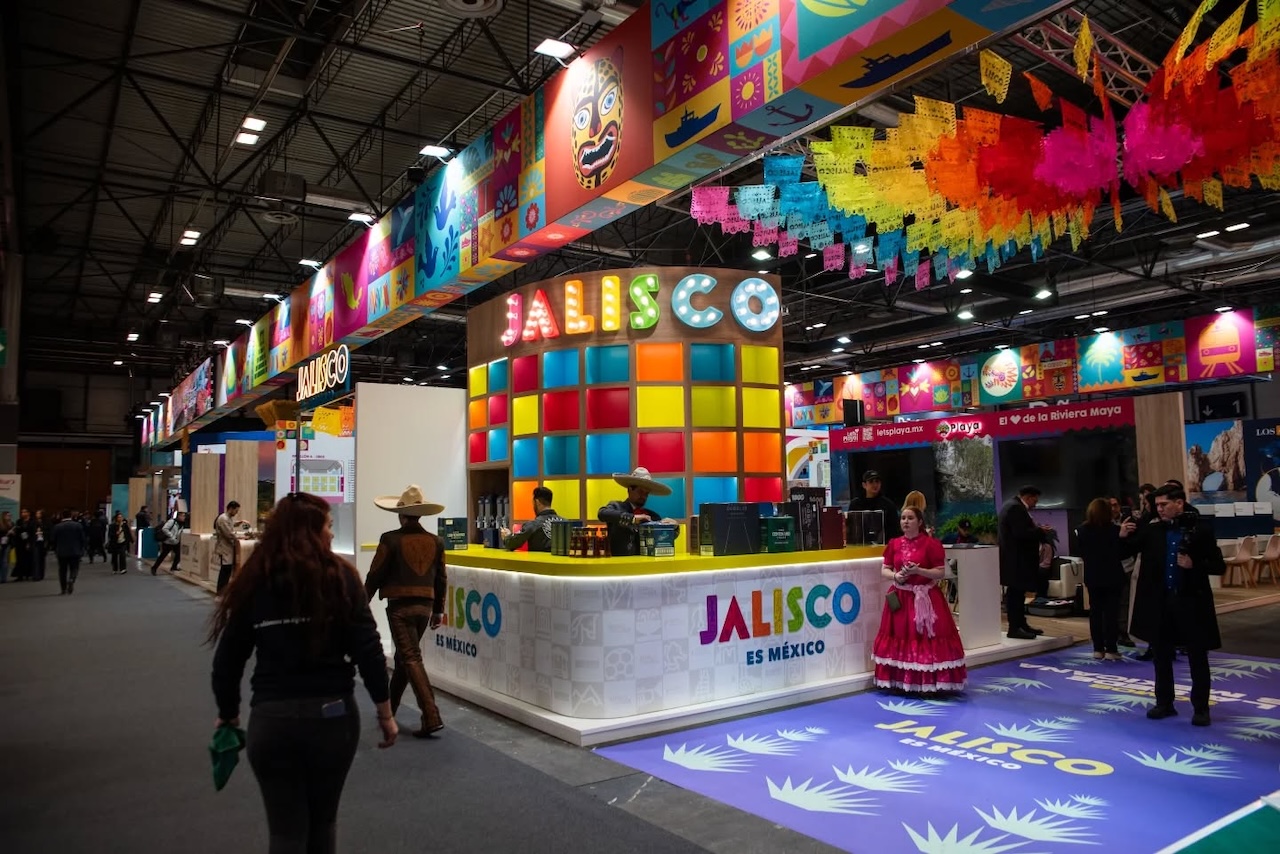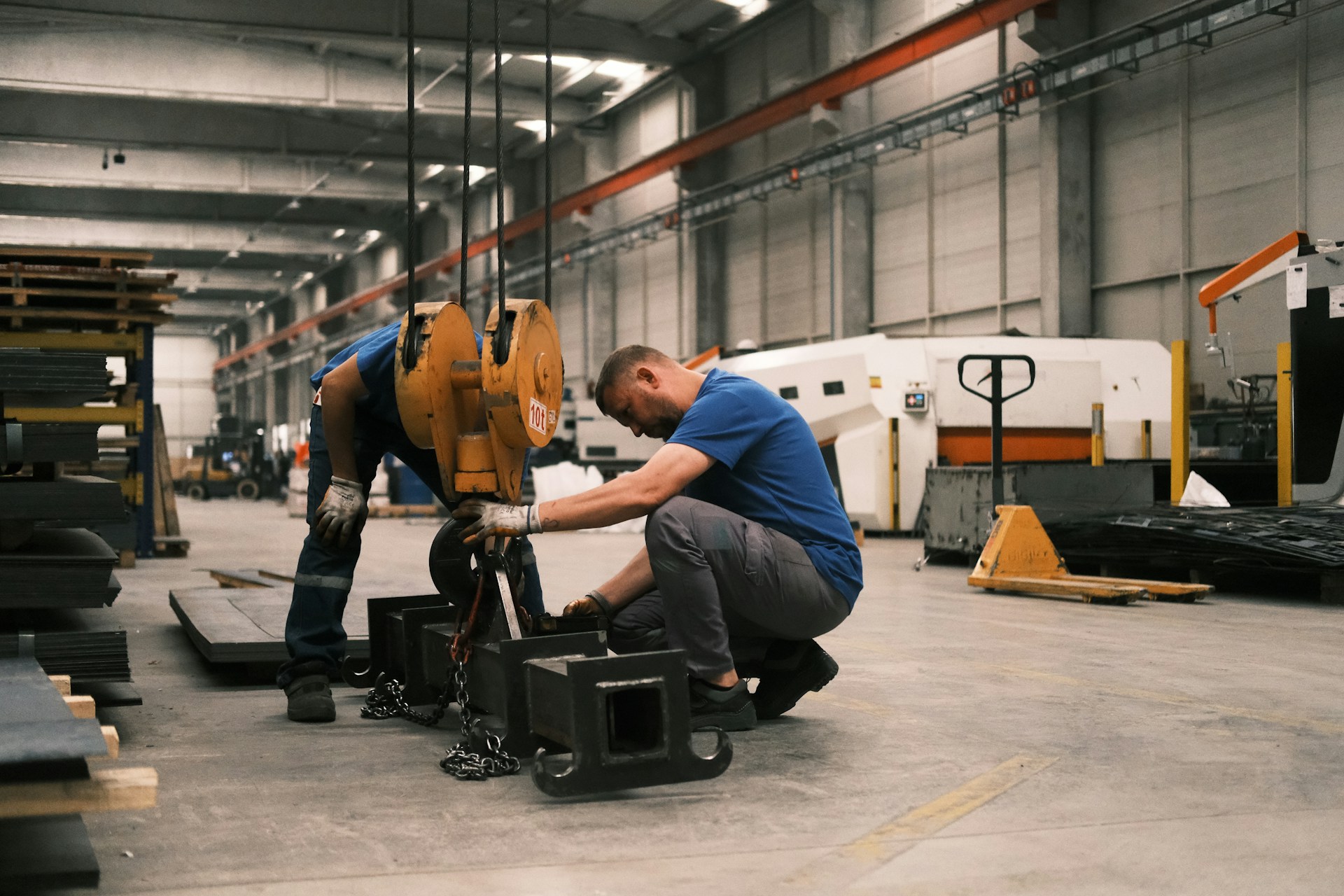Trends and Challenges in the Labor Market in Mexico and Latin America

Trends and Challenges in the Labor Market in Mexico and Latin America
The labor market in Mexico and Latin America faces a crucial moment, marked by structural changes and trends that are redefining the rules of the game. As the region seeks to adapt to an increasingly competitive and technological global environment, it must also address the historical challenges that limit its development.
These transformations offer an opportunity to build a fairer, more resilient, and inclusive labor market. This is provided that companies, governments, and institutions work together to address them.
Key Trends: Technology, Sustainability, and Humanization
One of the most relevant trends is the incorporation of advanced technologies—such as artificial intelligence and automation—, which are transforming the skills required in almost every sector.
While these innovations promise to increase productivity and generate new job opportunities, they also present the risk of displacing workers whose skills do not align with emerging demands.
In this context, continuous education and specialized training become essential tools to bridge the gap between available and required skills.
On the other hand, sustainability has emerged as a central axis in the labor agenda. Companies are adopting more responsible models that seek to balance profitability with social and environmental impact.
In the region, this implies creating green jobs and promoting initiatives that reduce the carbon footprint. This also demands new professional profiles and specific competencies.
Finally, the humanization of companies is becoming a priority. Increasingly, organizations understand that their success is intimately linked to the well-being of the people who comprise them.
This implies fostering inclusive work cultures, balancing work demands with the personal needs of employees, and promoting work environments that value diversity and respect.
Companies that invest in human development increase the satisfaction and productivity of their teams, and strengthen their reputation and long-term sustainability.
Informality and Inequality: the Challenges of the Labor Market2531
Despite the progress, the labor market in Latin America continues to face major challenges. Labor informality is one of the most pressing, with millions of workers outside the formal system, which limits their access to social benefits and reduces overall productivity.
For example, in Mexico, more than 50% of the employed population works in informal conditions. This represents a significant barrier to sustainable economic development.
Likewise, inequality remains a structural problem. Wage gaps, unequal opportunities for women and young people, and the lack of inclusion of vulnerable groups hinder the construction of an equitable labor market.
Solving these problems requires public policies focused on promoting formal employment, reducing discrimination, and strengthening social security systems.
A Vision for the Future
To address these trends and challenges, it is essential to adopt a collaborative approach. Governments must implement regulatory frameworks that encourage investment and formal employment, while companies have a responsibility to promote a culture of inclusion, innovation, and continuous training.
In addition, it is crucial that educational institutions align with the needs of the labor market to ensure that professionals are prepared for the challenges of the future.
The labor market in Mexico and Latin America has enormous potential to become an engine of growth and social well-being. However, to achieve this, it is necessary to face current challenges with determination and take advantage of global trends as catalysts for change. Only in this way can we build a more prosperous and equitable region.
More Articles

Jalisco Highlights at FITUR 2026 in Madrid: Investments and Direct Flights
Jan 22, 2026

León Fair 2026 Projects 6 Million Visitors
Jan 12, 2026

Formal Employment in Guanajuato 2025: Balance, Gaps, and Goals according to México ¿Cómo Vamos?
Jan 13, 2026

IMPI Reports 430 Protected Inventions in Querétaro
Jan 16, 2026

International Reactions Following Nicolás Maduro's Capture
Jan 3, 2026

Mazda in Guanajuato Reaches 2 Million Units
Jan 28, 2026
